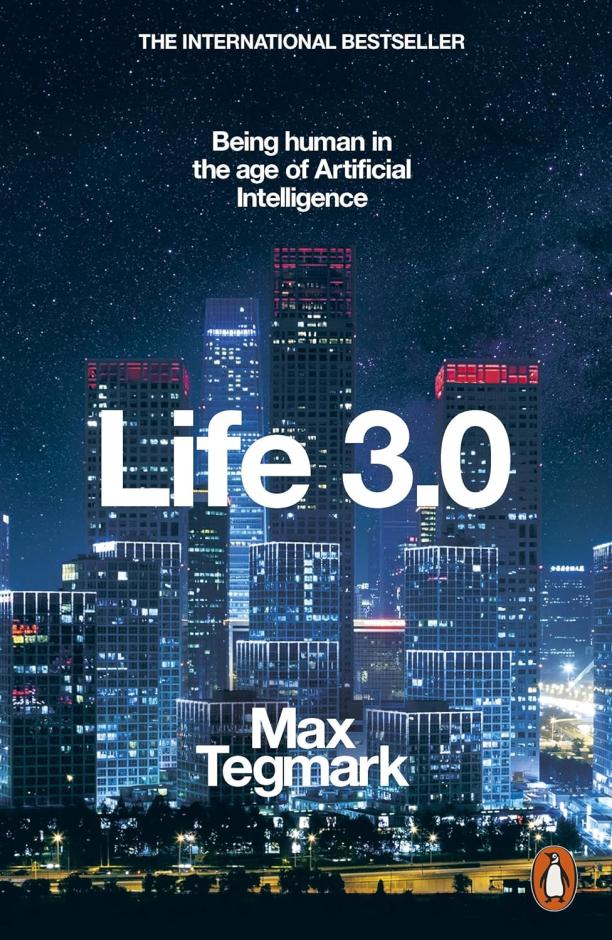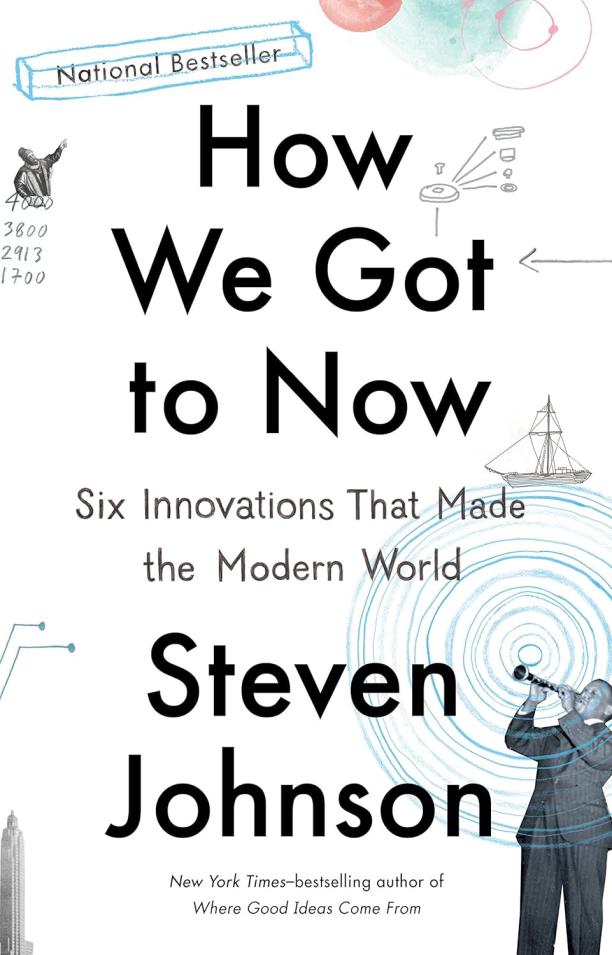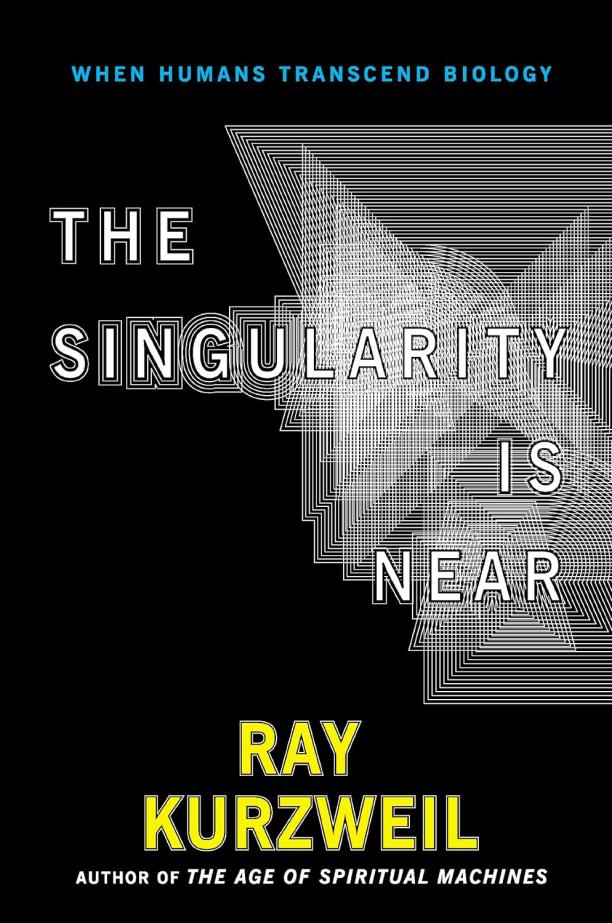Summaries of books about Engineering:

Life 3.0
Being Human in the Age of Artificial Intelligence
Max Tegmark
The book explores the future of artificial intelligence and its impact on the fabric of human existence, discussing potential scenarios and ethical considerations. It delves into how AI might enhance or disrupt aspects of life such as jobs, war, society, and the very definition of human intelligence.
See full summary

The Boy Who Harnessed the Wind
Young Readers Edition
William Kamkwamba|Bryan Mealer
The book tells the inspiring true story of a Malawian teenager who builds a windmill from scrap materials to generate electricity for his family's farm, overcoming poverty and famine. It highlights his determination, ingenuity, and the impact of education and innovation in facing global challenges.
See full summary

Superintelligence
Paths, Dangers, Strategies
Nick Bostrom
The book explores the potential future development of artificial superintelligence and the ways it could surpass human intelligence, posing existential risks to humanity. It discusses strategic pathways for safely managing this transition, including the alignment problem and the control problem, to ensure that superintelligent entities would act in accordance with human values and interests.
See full summary

Abundance
The Future Is Better Than You Think
Peter H. Diamandis|Steven Kotler
The book presents an optimistic view of the future, arguing that technological advancements and innovative solutions will lead to significant improvements in global living standards. It explores how exponential technologies in areas such as artificial intelligence, robotics, and biotechnology have the potential to solve many of the world's most pressing problems, including scarcity of resources, health issues, and environmental challenges.
See full summary

The Mechanic
The Secret World of the F1 Pitlane
Marc 'Elvis' Priestley
The book provides an insider's perspective on the high-pressure world of Formula 1 pit stops and the technical challenges faced by pit crews. It shares anecdotes and behind-the-scenes stories from the author's career as a mechanic with the McLaren team, revealing the intense competition and innovation that drive the sport.
See full summary

How We Got to Now
Six Innovations That Made the Modern World
Steven Johnson
The book explores the history and impact of six key innovations—glass, cold, sound, clean, time, and light—on society and how they have shaped the modern world. It delves into the ripple effects of these technologies, revealing the unexpected connections and pathways that led to significant social changes and advancements.
See full summary

Structures
Or Why Things Don't Fall Down
J. E. Gordon
The book provides an accessible introduction to the principles of structural engineering, exploring the reasons behind the stability and resilience of various structures from bridges and buildings to human anatomy. It delves into the science of materials, the challenges of design, and the historical development of engineering techniques, all explained with a touch of humor and numerous real-world examples.
See full summary

The Singularity Is Near
When Humans Transcend Biology
Ray Kurzweil
The book presents the idea that technological advancements will lead to a future point known as the singularity, where artificial intelligence surpasses human intelligence, resulting in transformative changes to human civilization. It explores the implications of merging technology with human biology, ultimately leading to an era where the boundaries between man and machine are blurred and capabilities are vastly enhanced.
See full summary

Atomic Accidents
James Maheffey
The book provides a historical account of nuclear incidents and accidents, examining their causes, consequences, and the lessons learned from them. It covers a range of events from the early experimental mishaps to major disasters like Chernobyl and Fukushima, offering insights into the complexities and risks associated with atomic energy.
See full summary

Ignition!
An Informal History of Liquid Rocket Propellants
John D. Clark
The book provides a detailed and humorous account of the development and experimentation with liquid rocket fuels from the early 20th century to the 1960s, highlighting the scientific challenges, explosive failures, and eccentric personalities involved in the field of rocketry. It covers both successful and disastrous attempts to create powerful propellants, offering insight into the chemistry and engineering behind space exploration.
See full summary